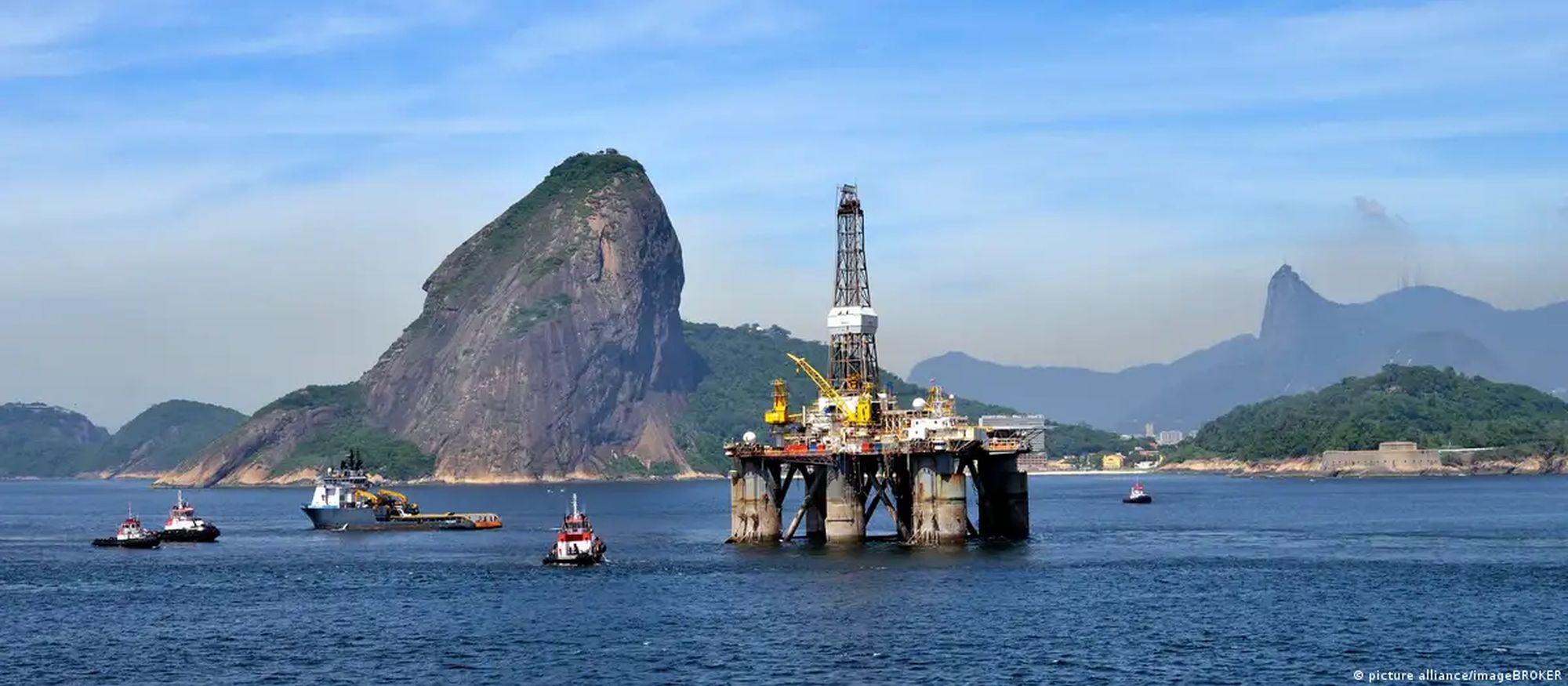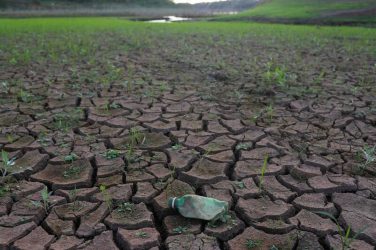No matter whether it’s oil, gas, lithium, food, renewable energy — Brazil has plenty of the resources needed for transforming energy systems and feeding the world.
For instance, with Russia’s war in Ukraine disrupting food supplies, especially in Africa, and Brazil is emerging as a supplier that could fill the gaps left by the drop in shipments from both Russia and Ukraine.
South America’s biggest nation is increasingly aware of its heightened role in the world economy. Brazil’s Vice President Geraldo Alckmin recently told business leaders at a meeting of the National Industry Confederation (CNI) that the country could become a “significant alternative” in a market that is increasingly seeking not only quality and a good price but also environmentally friendly products.
The claim is supported by the strong profits posted by agricultural companies and the state-owned oil company Petrobras in recent quarters. The country’s gross domestic product is expected to grow by 2.1% this year, the International Monetary Fund estimates, driven by higher agricultural production.
Brazil ready to fuel growth
However, the growing demand for oil means the government of President Luiz Inácio Lula da Silva continues to invest heavily in climate-unfriendly fossil fuels like oil and gas.
While the government’s economic plan has drawn massive criticism from environmentalists, Lula has said he’s only responding to rising global demand for Brazil’s oil.
“The war in Ukraine is causing an increase in prices and a slowdown in economic growth, and in this context, Brazil will be able to gain by supplementing the demand,” says economist Felipe Nascimento from the Getúlio Vargas Foundation (FGV), a business school based in Rio de Janeiro.
“I believe that Brazil can carve out a niche for itself in the face of all the difficulties in these markets,” he said.
Courted by investors and the EU
Roberto Goulart from the Institute of International Relations at the University of Brasilia shares a similar view. “The ongoing war in Ukraine presents Brazil with an opportunity to attract investments to its territory, especially from countries that are energy-intensive and are facing the challenges of the climate crisis,” he said.
In the first year of the Ukraine war, about half of all foreign direct investment (FDI) in Latin America went to Brazil, according to a report by the Community of Latin American and Caribbean States (CELAC).
The trend that started under former right-wing President Jair Bolsonaro hasn’t stopped under his left-wing successor, President Lula. The European Union announced additional billions of euros in investments during a visit by European Commission President Ursula von der Leyen to Brazil in June.
Through its international investment vehicle, the Global Gateway, the EU will boost funding to Latin American countries by €10 billion ($10.9 billion) by 2027, of which Brazil is to receive €2 billion. One of the key topics in her meeting with President Lula was joining forces in the fight against climate change.
“Brazil is also a superpower in renewable energy, producing 87% of its electricity from renewable sources,” von der Leyen noted in a news conference following her talks with Lula, and announced the launch of a new flagship project on hydrogen. “With this, Europe will invest €2 billion to support Brazil’s production of green hydrogen and to promote energy efficiency in your industry,” she said.
Brazil: Seeking its role in geopolitics
As Brazil becomes an attractive market for foreign investments to help the West make its supply chains more independent, it is also striving to take a neutral geopolitical stance.
“Brazil still holds the view that sanctions should not be imposed on Russia, as they have shown little effect and ultimately harm the population,” said Goulart. While this perspective might not align with the views of most European countries or the United States, Brazil continues to maintain its diplomatic, economic, and commercial relations with Russia, he added.
So far, however, China remains Brazil’s biggest trading partner with a volume of $135 billion (€124 billion) in 2022. But the economy of the Asian powerhouse is faltering in the post-COVID-19 era, prompting calls for a bigger diversification of Brazil’s trade relations.
The regional economic focus, therefore, has begun to shift to a free trade pact between the Mercosur bloc in Latin America and the European Union. The agreement was finalized in 2019 but has failed to come into force over environmental and tariff concerns in some EU countries.
Attempts are underway to reach a breakthrough by the end of the year, which would boost Brazil’s international and economic role even further.
DW













